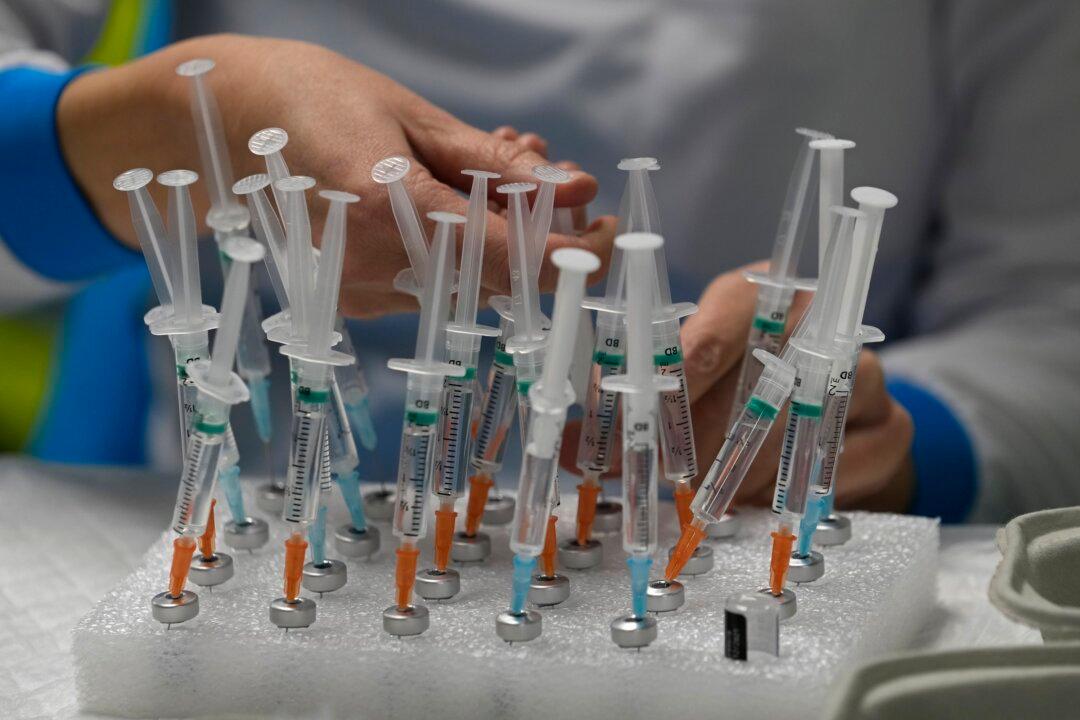Australia’s drug regulator was slow to update the country’s Database of Adverse Event Notifications (DAEN) despite several deaths being attributed to the vaccine, including two children, aged 7 and 9.
The information came to light following a Freedom of Information request by an Australian doctor that found the delayed response from the Therapeutic Goods Administration (TGA).




